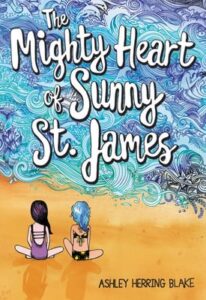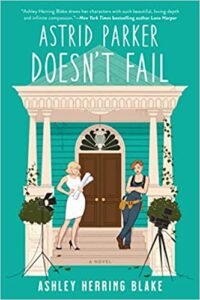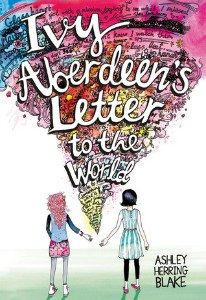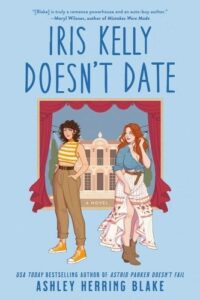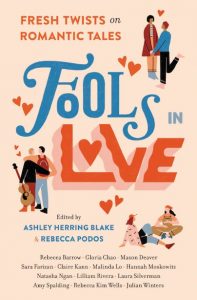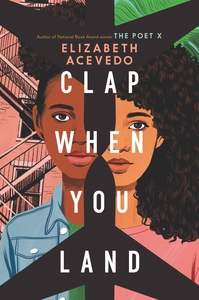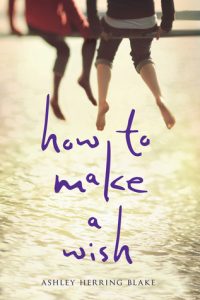Buy this from Bookshop.org to support local bookstores and the Lesbrary!
Sunny St. James has a new lease on life. In her case, this is literal after she receives a heart transplant and finally, finally has a chance to have something close to a normal summer. Swimming in the ocean, staying up late to watch movies, and devouring junk food are now actual possibilities rather than daydreams.
This also means that she can finally begin implementing her new life plan:
Step One: Do awesome amazing things I could never do before.
Step Two: Find a new best friend.
Step Three: Find a boy and kiss him.
At first, her plan is off to an incomprehensible level of success when Sunny meets Quinn Ríos Rivera and finds that making a new best friend isn’t that hard. However, it doesn’t take long for her to realize that the rest of her plan is going to be a bit more difficult. Between struggling with the fallout of her relationship with her Former Best Friend (FBF), to the unexpected arrival of her estranged mother, to the realization that maybe she doesn’t even want to kiss boys in the first place, Sunny is struggling to figure out how all of the different parts of herself fit together.
This was such a fun book, pure and simple. I’ve read Ashley Herring Blake’s middle grade work before in Ivy Aberdeen’s Letter to the World, but she continues to blow me away with how well she portrays the experience of being an awkward twelve-year-old with a first crush. Sunny is the perfect balance of exasperated and exasperating in the way that kids can be and I love how Blake doesn’t shy away from her characters making mistakes.
I’m also always amazed at how much Blake can pack into her books. It’s about being a twelve-year-old. It’s also about coming to terms with queer identity in a world that can be hostile to that, and unusual family structures, growing out of friendships, and how to wrestle with a constant stream of anxious thoughts. I especially love how the book handles the complexity of Sunny’s relationship with her mom, a woman who hasn’t been in her life in almost a decade due to her struggles with alcoholism. The book doesn’t shy away from the tougher conversations, but they are approached with such thought and care.
If you’re a fan of Blake’s adult romances like Delilah Green Doesn’t Care or Iris Kelly Doesn’t Date, I suggest giving these a try—you’ll find a lot of the same things that make her other books so much fun. For me, they are such a wonderful escape into a cozy world where things turn out alright in the end as long as you’re true to yourself.
Content warnings: surgery, illness, homophobia, references to addiction

